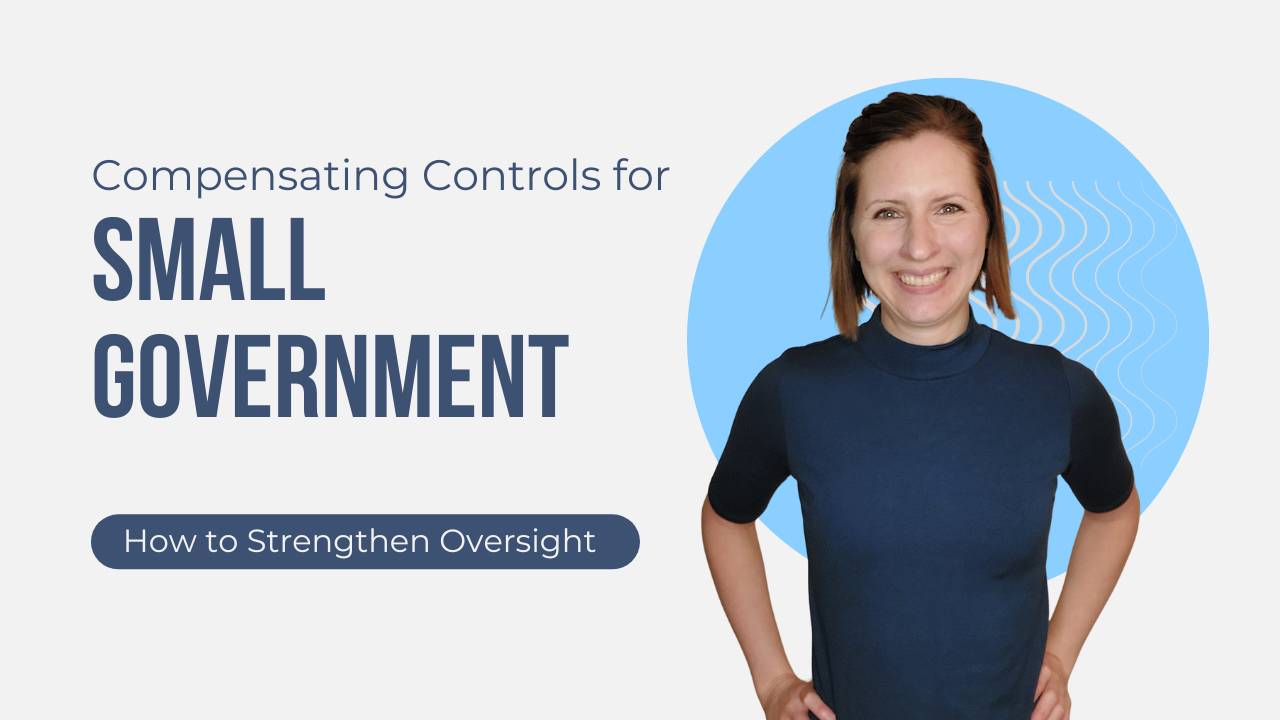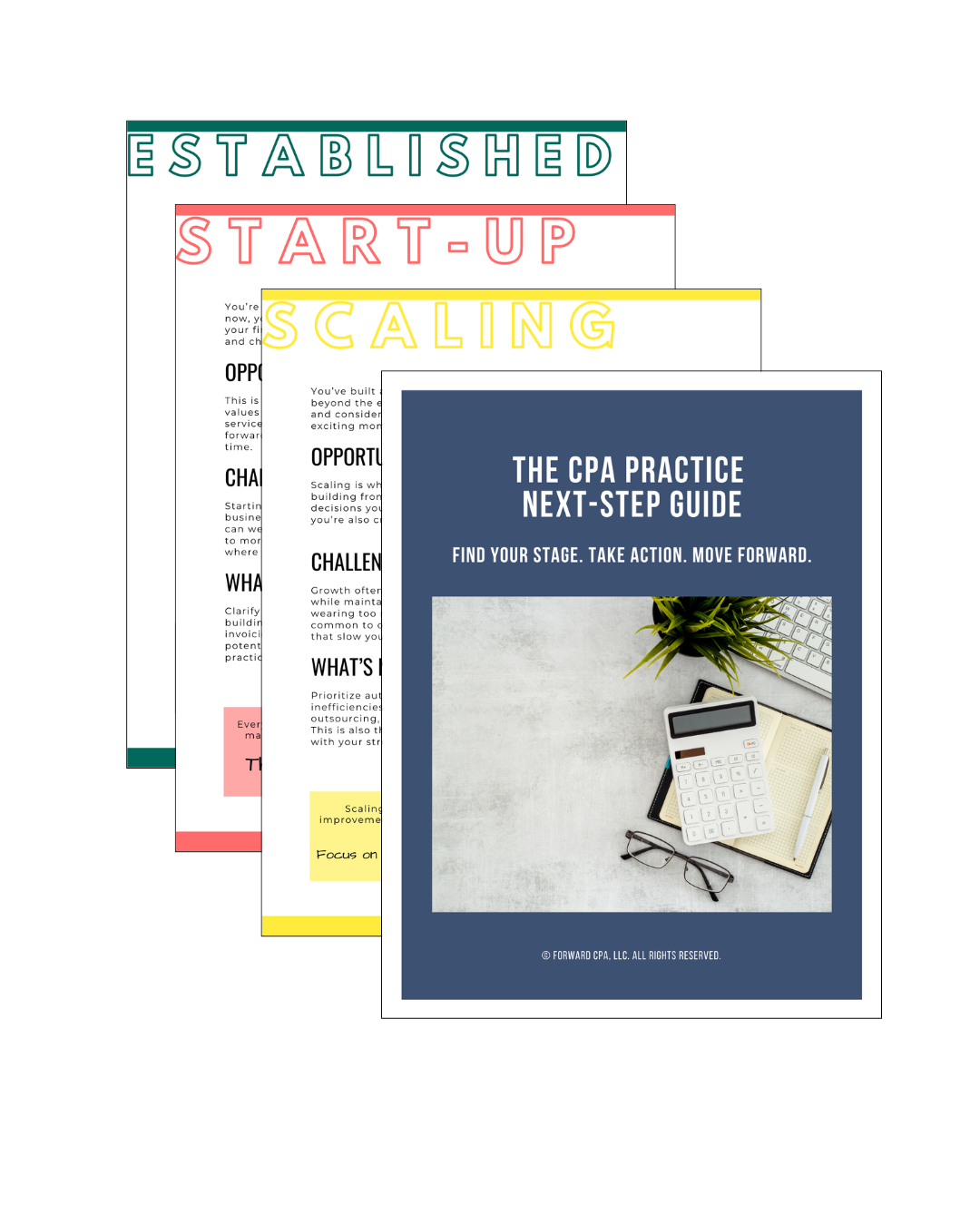5 Ways to Help New Finance Staff Prepare for Their First Audit Season
Oct 15, 2025
Bringing on new finance staff right before audit season can feel like a double-edged sword. You finally have help—but they’re still learning your systems, your reports, and the audit process itself.
If you're a school district, municipality, or other local government, chances are your team is lean. New hires might be walking into audit prep with no prior experience and little context.
The good news? You don’t need them to know everything—you just need to help them get oriented, supported, and ready to contribute.
Here are five simple ways to help new finance staff prepare for their first audit season—without overwhelming them (or yourself).
1. Walk Them Through Last Year’s Audit File
The best way to demystify the audit process is to show it in action. Set aside time to walk your new hire through the prior year’s audit documents and reports.
✅ Show them:
-
The final audit report
-
The internal audit folder or binder
-
Key schedules and reconciliations
-
Any findings or audit adjustments
-
What the auditor typically requests
This gives them a clear picture of what the auditor is looking for—and what part your team plays in preparing for it.
2. Assign One Audit Area at a Time
Don’t expect new staff to tackle everything at once. Instead, assign them responsibility for one or two manageable areas they can own and prepare fully.
✅ Good starting points:
-
Bank reconciliations
-
Capital asset tracking
-
Payroll summaries
-
Organizing PBC (Prepared by Client) documents
-
Grant tracking for a single federal program
This builds confidence and gives them a tangible way to contribute.
3. Provide Templates and Examples
If your audit prep is based on prior-year files, give your new staff clear templates with examples and notes. Don’t make them guess how a schedule should look or what documentation the auditor expects.
✅ Include:
-
File naming conventions
-
Sample completed workpapers
-
Notes on what to watch for (e.g., timing issues, formatting errors)
-
Deadlines and review dates
A well-designed template can teach as much as a week of shadowing.
4. Explain the Why Behind the Work
One of the biggest challenges for new staff is not understanding why they’re doing something. Explaining the purpose of each report, schedule, or reconciliation helps them think critically and reduce errors.
✅ Help them connect:
-
How a reconciliation ties to the trial balance
-
How capital purchases flow into the financial statements
-
Why backup documentation matters for grants or journal entries
-
What happens if something is missing during audit fieldwork
When they see the big picture, the small tasks make more sense.
5. Normalize Asking Questions—and Capture the Answers
New hires won’t know what they don’t know. Encourage them to ask questions—and use those questions to improve your process.
✅ Try this:
-
Keep a shared “Audit Questions Log”
-
Add answers, screenshots, and links for future use
-
Turn frequent questions into training tools for the next new hire
This builds internal knowledge and reduces the learning curve every year.
Don’t Just Survive Their First Audit—Use It to Build Capacity
Your new finance staff won’t be audit experts their first season.
But with the right support, they can contribute meaningfully—and grow more confident with every engagement.
✅ Start small
✅ Provide structure
✅ Connect the dots
✅ Encourage learning
Because when you invest in helping new staff prepare well, you don’t just get through audit season.
You build a stronger, more resilient team for the long run.
Your Next Step Forward
Join the newsletter designed to help CPAs take the next best step in building a practice they love, with practical insights, game-changing tools, and quick wins in every email.
We hate SPAM. We will never sell your information, for any reason.




